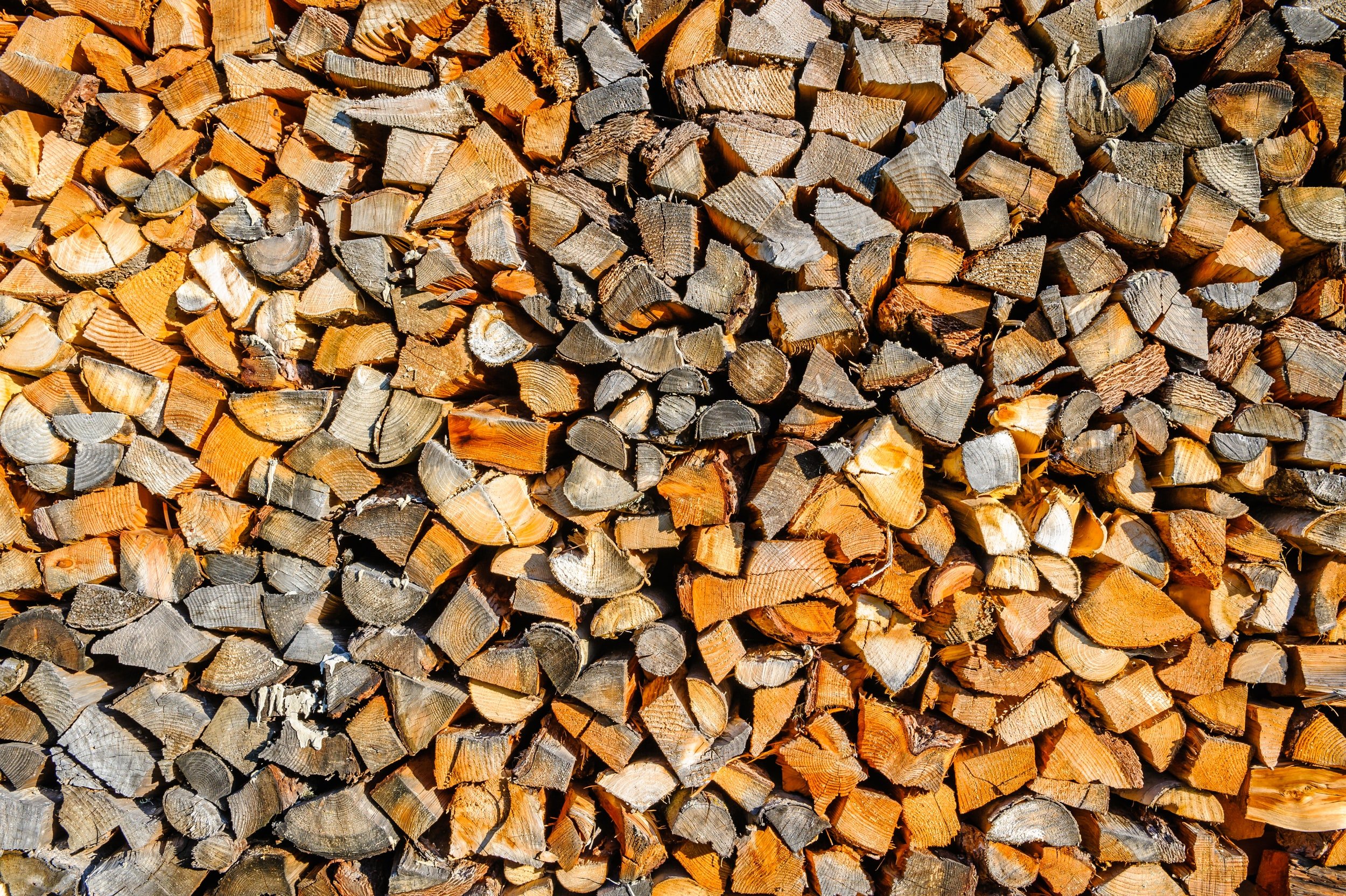
Biomass Power
What is it?
Biomass power is created by burning plant-based fuels to turn turbines and generate electricity. This can include wood pellets and wood chips, bioenergy crops or even agricultural and domestic waste. These sources of fuel are often the by-products of other industrial activities and would normally be wasted. It is also common for energy-dense plants and trees to be grown primarily for burning in biomass power plants. There are ongoing debates on the sustainability of biomass power; however, it provides an energy source that is not dependent on the weather. This flexibility makes it a viable alternative to fossil fuels, and it will be a key technology as the UK government strives for net zero.
How does it work?
A biomass power plant generates electricity via the heat produced from the combustion of organic materials. The process begins with the harvesting of the natural fuels mentioned above, this can also include biogas that is generated as the result of waste fermentation. The heat that is produced from burning the fuels is used to turn water into steam, the steam is then used to turn a turbine which generates electricity.
How a biomass power plant works (Credit EDF)
What are the advantages of biomass power?
Abundant resources – The organic materials used in the process are widely available and can even come from our waste that would normally be sent to landfill.
Predictable energy source – Because we have control of the fuel, the power plants can be turned on or off depending on how much energy is being produced by other renewable sources.
Cost-effective – Burning biomass is cheaper than burning fossil fuels.
Converting old technology – Old coal-powered plants can be changed into biomass power plants without needing to completely remove all the infrastructure. This can have a significant benefit in terms of reducing construction costs, resource use and the impact on the local environment.
What are the disadvantages of biomass power?
Generates greenhouse gases – Unlike other renewable resources, the burning of biomass generates harmful gases that are contributing to global warming. The trees grown for the fuel can take in the carbon dioxide that is produced by the burning process, but this can be carbon neutral at best.
Efficiency – Biomass is not as fuel efficient as fossil fuels, so you require more biofuel to produce enough power to support national energy demand.
Biodiversity – Removing natural forests to grow trees purely as a fuel source can strip the land of nutrients and prevents diversity of growth for both plant and animal species.
Current energy production?
In Q1 of 2022 Bio Energy accounted for 11.6% of the total electrical energy that was produced, making it the third largest renewable energy source at that time. However, due to the climate in the UK, it is expected that biomass will be called on less during Q2 & Q3 as solar PV contributes more to the national grid during these periods.
Where are the biomass power stations located?
There are currently 78 biomass power plants spread throughout the UK. Of these 78 power plants, only several are capable of producing power on a similar scale to other large renewable projects. The largest of these is the Drax Biomass Power Plant which is located in North Yorkshire.
Key Projects in the industry
Drax Power station - https://www.drax.com/about-us/our-sites-and-businesses/drax-power-station/
Ferrybridge Multifuel - https://www.power-technology.com/projects/ferrybridge-multifuel-1-fm1-project/
Stevens Croft Power Plant - https://www.eonenergy.com/About-eon/our-company/generation/our-current-portfolio/biomass/stevens-croft
Drax Power Station (Credit: Drax Global)
Future projects and development of biomass power
Bioenergy with carbon capture, use and storage (BECCS) has been outlined as the future pathway for biomass power plants in the UK. This technique generates power via the traditional method. However, carbon capture technology uses a solvent to absorb the carbon dioxide that would normally be emitted into the atmosphere, and it is then transported for geological storage. This in turn reduces the carbon footprint of this energy production method and makes the entire process carbon negative. The Drax Power Station is currently attempting to implement this technology: https://www.drax.com/about-us/our-projects/bioenergy-carbon-capture-use-and-storage-beccs/
Despite the assumed benefits of BECCS, biomass power still remains a controversial method of power production. The two videos below give alternative opinions on the validity of BECCS as a renewable energy source:
What is BECCS? (Credit: Drax Global)
Does BECCS work? (Credit: Chatham House)

